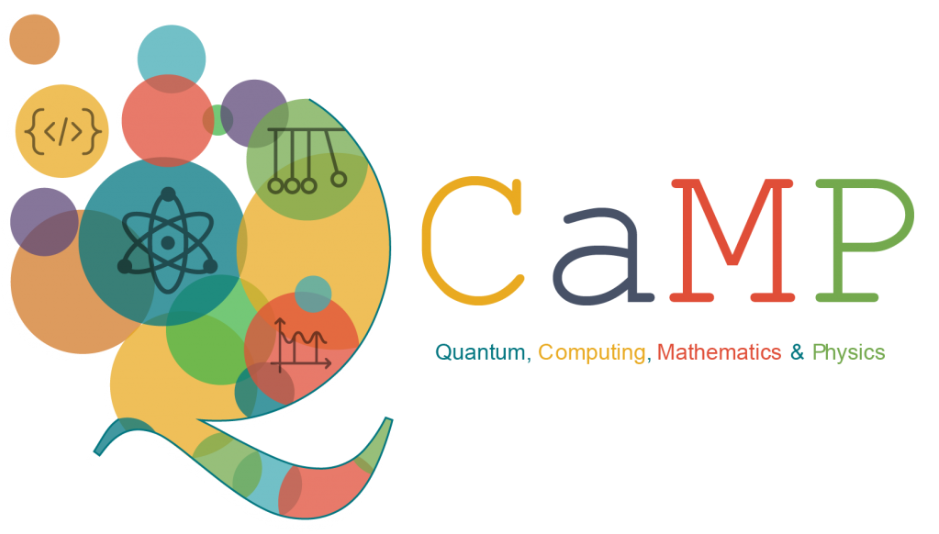Colorado Mesa University (CMU) recently served as a host site for QCamp, a professional development opportunity from Quantum Systems Accelerator designed to help educators deepen their understanding of quantum science and technology. Over four days, educators from western Colorado, including engineering professors from CMU, participated to enhance their knowledge of quantum education and better prepare students for future careers in STEM.
Now in its second year, QCamp in Colorado has expanded from a single site at CU Boulder last year to six sites across the state this year, including CMU. Involvement in the program is part of Colorado’s commitment to bridging the gap between education and industry while supporting the development of a qualified workforce in high-growth, high-demand fields.
QCamp’s curriculum is supported through a partnership with the Colorado Department of Labor and Employment and Sandia National Laboratories. Experts from Sandia guided educators through the fundamentals of quantum physics and quantum computing. The experience was designed to give educators a deep understanding of complex concepts and help them develop lesson plans that bring those concepts to life for their students.
CMU’s role as a host for QCamp aligns with its commitment to elevate engineering education through the CMU/CU Boulder Engineering Partnership Program. The program allows students to earn an engineering degree in civil engineering, electrical and computer engineering, or mechanical engineering from the University of Colorado Boulder, all while studying on CMU’s campus.
Faculty participation in QCamp helps build the state’s quantum talent pipeline. Colorado is already home to more than 3,000 quantum professionals and five of the nation’s top 20 quantum companies. With the share of technical positions in the field projected to double over the next five years, educators at CMU are playing a key role in preparing students to enter this growing industry.
The skills educators gained during QCamp will directly benefit students at CMU. Faculty members who attended are now prepared to incorporate quantum science into their coursework in ways that are accessible, engaging and relevant to today’s job market. Their efforts will help ensure that students in western Colorado continue to have opportunities to explore and pursue careers in quantum science and related STEM fields.
To learn more about QCamp, visit quantumsystemsaccelerator.org.
